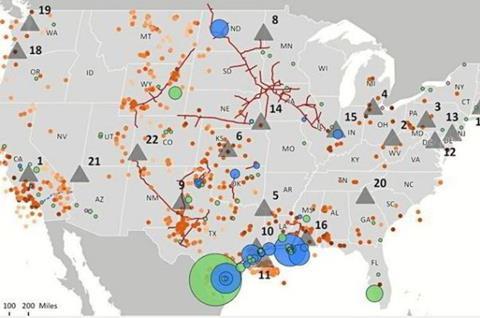The US Department of Energy (DOE) is set to allocate $7 billion of a total $8 billion fund to support six to ten regional hydrogen clusters. These clusters aim to incentivise collaboration among producers, infrastructure owners, and offtakers to develop a comprehensive hydrogen value chain, aiding the decarbonisation of high-polluting sectors

As the clean Hydrogen sector expands and evolves into a multi-billion-dollar industry, the challenge of matching supply with demand becomes increasingly complex. In an effort to address this challenge, the US Department of Energy (DOE) is preparing to allocate a substantial portion of an $8 billion fund to support six to ten regional hydrogen clusters.
The initiative, known as the Hydrogen Hubs (H2Hubs) programme, has received significant attention and interest since its introduction in the 2021 Infrastructure Investment and Jobs Act. A total of 79 hub proposals initially applied for funding following the announcement of the budget in September 2022. This number was later narrowed down to 33, which were encouraged to submit comprehensive applications. Among these, 22 projects have publicly declared their intention to fully participate, creating a competitive landscape for the DOE to select the eventual winners.
The selection process poses several questions: Which hubs are most likely to succeed, and based on what criteria will they be chosen? Research and analysis firm Rystad Energy has identified ten hub proposals that stand out as potential frontrunners in the race for funding. These hubs, each strategically positioned across different regions of the United States, have a strong chance of being selected for federal support.


















